MPs Push to Revoke Retirement Perks for Kalonzo, Maraga, and Muturi
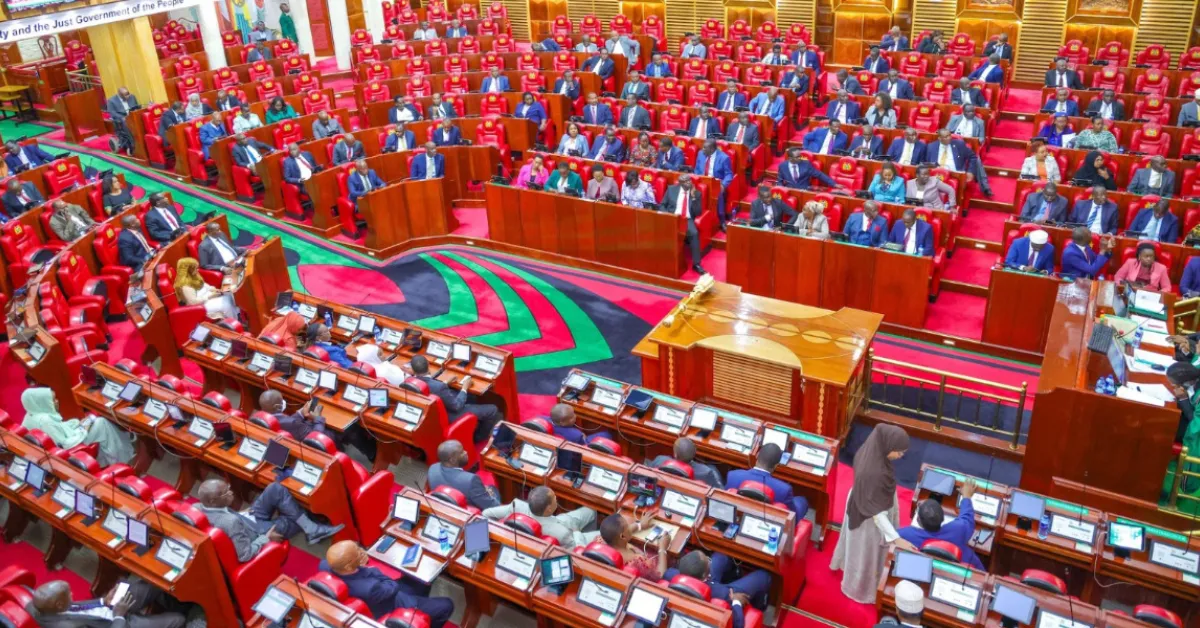
A political firestorm is engulfing the Kenyan Parliament as lawmakers debate the suspension of retirement benefits for three prominent former state officials following their participation in recent anti-government demonstrations.
The controversy centres on whether former Vice President Kalonzo Musyoka, retired Chief Justice David Maraga, and ex-National Assembly Speaker Justin Muturi have violated the terms of their retirement. The debate was catalysed by the trio's involvement in demonstrations commemorating the first anniversary of the deadly 2024 Gen Z-led protests against the Finance Bill, held on June 25. Maraga joined marchers in Nairobi's Central Business District, whilst Kalonzo and other opposition leaders laid wreaths in memory of those killed during last year's unrest outside Parliament.
Government-aligned Members of Parliament (MPs) have characterised these actions as incompatible with the dignified retirement expected of former high-ranking officials, prompting calls for the Executive to suspend their pensions and privileges. The core of the dispute lies in the Retirement Benefits (Deputy President and Designated State Officer) Act, which specifies the entitlements of former state officers, including pensions, vehicles, medical cover, and security. The Act also outlines conditions under which these benefits can be withdrawn, notably if a beneficiary violates the Constitution, engages in gross misconduct, or participates in political activity after leaving office.
MPs now argue that the actions of Kalonzo, Maraga, and Muturi constitute a breach of these conditions. Deputy Speaker Gladys Boss spearheaded the parliamentary charge, accusing Mr Maraga of betraying the public trust. "Shame on you, Chief Justice Maraga," she declared. "You are currently on a pension paid by the government; they pay for your cars, pay for gardeners, cook and then you go to the streets to demonstrate and mislead our children to destroy people's property."
Her remarks encapsulate the sentiment among many ruling party MPs that state-funded retirement should not coexist with political activism. Dadaab MP Farah Maalim echoed this sentiment, asserting that Mr Maraga's decision to join the protests had eroded the respect he once commanded.
"Anybody who is a dignified retired politician receiving a pension on the basis of the position he held and gets involved in these kinds of things, we should make laws to ensure they do not enjoy such perks again," he stated.
Majority Whip Silvanus Osoro added that the law must be urgently reviewed to prevent retired officials from "earning whilst participating in such activities."
Criticism extends beyond Maraga, with Kalonzo, who served as Vice President from 2008 to 2013, and Mr Muturi, who presided over the National Assembly for a decade until 2022, also facing scrutiny. Ainamoi MP Benjamin Langat called for the immediate withdrawal of their vehicles and salaries, accusing them of "engaging in anarchy and politics."
He argued that the law clearly prohibits political engagement by pensioners and insisted that the Executive must act swiftly. The benefits at stake are substantial, reflecting the intent to ensure a dignified retirement for high-ranking former officials. Under the Act, each of the three is entitled to a monthly pension equivalent to 80 percent of their last salary, a lump-sum payment based on years served, two government-provided vehicles, fuel allowances, comprehensive medical cover (including overseas treatment), and a full complement of support staff.
The crux of the current debate is whether these provisions are being misused to bankroll political dissent. Mr Maraga has responded to the backlash, addressing a letter to Interior Cabinet Secretary Kipchumba Murkomen and Inspector-General of Police Douglas Kanja, protesting the abrupt withdrawal of his security detail. He directly linked this action to his participation in the June 25 march.
"I have enjoyed the services of the officers attached to my office for almost five years now uninterrupted. It is curious that they were suddenly recalled after my public criticism of the police and my participation in the Nairobi CBD march," he wrote.
The former Chief Justice has framed his involvement in the protests as a moral imperative, aligning himself with the youth-led movement advocating for justice and accountability. Critics, however, view it as a breach of the neutrality expected of a retired judicial officer. This is not unprecedented, with previous administrations also seeking to curtail the benefits of retired leaders perceived to be politically active.
Observers note that President William Ruto's government appears to be following a precedent set by his predecessor, Uhuru Kenyatta, who similarly targeted opposition figures such as Raila Odinga and Kalonzo during their tenure in the Coalition for Reforms and Democracy (CORD).

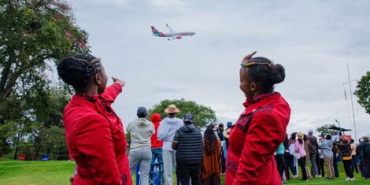
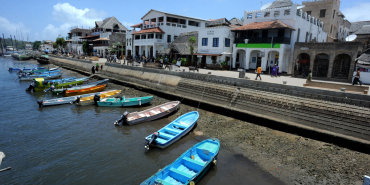


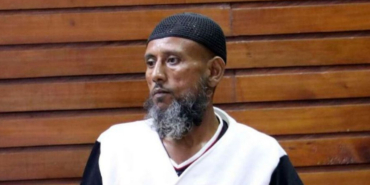
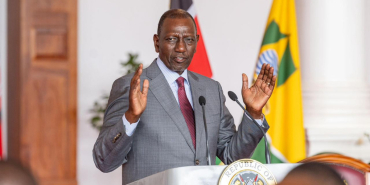
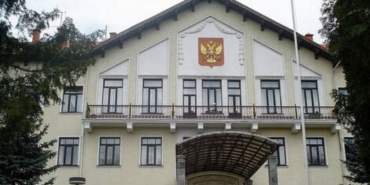

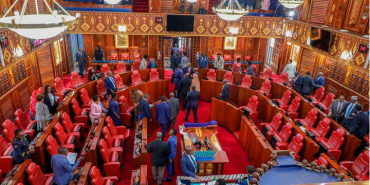




Comments
On this 100% Thy can't…
Permalink
On this 100%
Thy can't insult or abuse the hands that feed them!
Add new comment